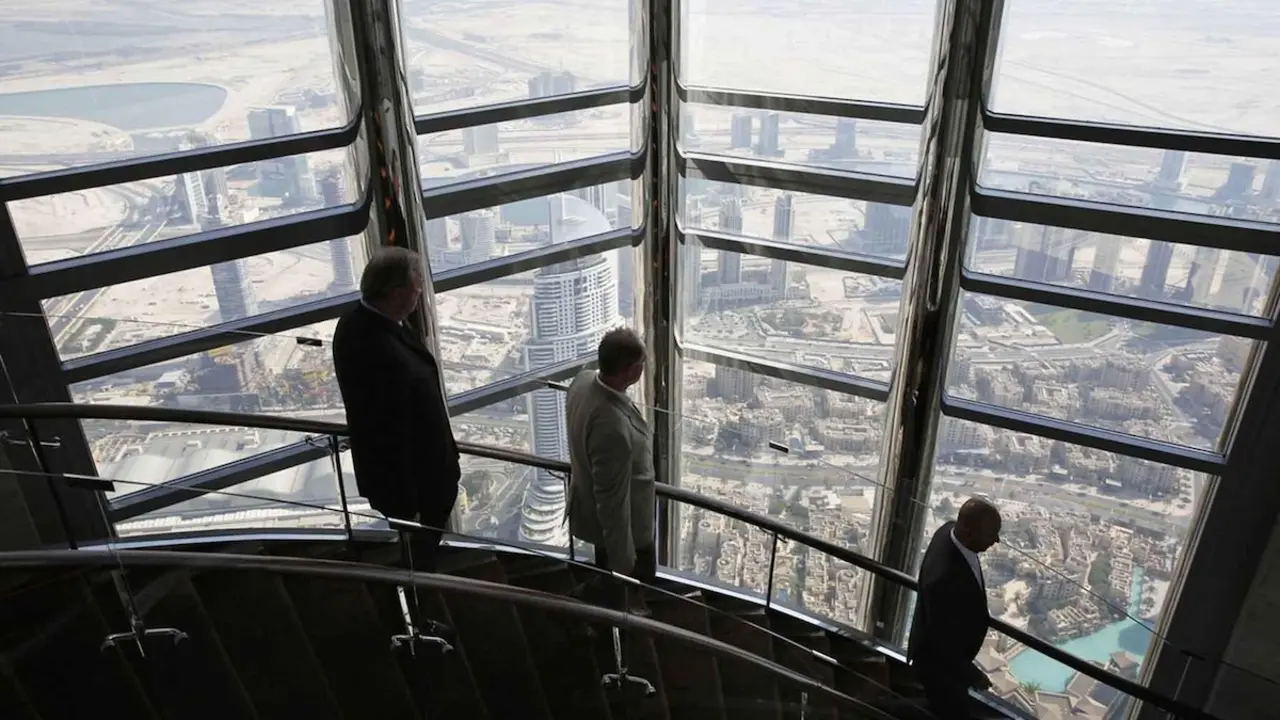Marruecos: la clave para un futuro sostenible con el hidrógeno verde en África

This move by Morocco is a sign that governments across Africa are committing to harnessing the hydrogen economy as a way to achieve greater sustainability and improve regional competitiveness. The country has also undertaken a number of initiatives to improve renewable energy infrastructure, including promoting the creation of a green hydrogen grid to facilitate the transport of clean energy across Africa. These efforts are a sign that the Moroccan kingdom is committed to achieving environmental sustainability and harnessing the potential of the hydrogen economy.
In this regard, the thirteenth session of the Arboa Forum and the Mediterranean Region will focus on the future of the energy sector on the continent, particularly on the adoption of hydrogen as a way to reduce greenhouse gas emissions. The forum will discuss the opportunities and challenges posed by hydrogen to combat climate change, and address the need to develop a robust regulatory framework to drive the adoption of sustainable energy technologies.

The Hydrogen in the Future Forum is a two-day meeting that will bring together around 1,000 people to address the future of the sector in Africa and Europe. The aim is to help energise the Forum's Scientific and Industrial Council in favour of the technology, formulate concrete actions and mobilise efforts to respond to the climate emergency. Participants include officials, industry leaders, research and innovation actors, students and civil society representatives. The public lecture programme will allow participants to express their aspirations and discuss the future of hydrogen technology.
Hicham El Habti, president of the Mohamed VI Polytechnic University, highlighted the importance of green hydrogen in accelerating the energy transition in Morocco and Africa. Green hydrogen is a clean source of energy obtained from renewable sources, such as solar and wind energy. Al-Habti stressed that the use of green hydrogen would be beneficial for African countries, as it could reduce greenhouse gas emissions and improve energy security. The university president also stressed that the session organised by the university would help increase knowledge and provide opportunities for use on the African and European continents.

Hydrogen development in Africa is being pursued through a number of initiatives in countries such as Morocco, Egypt and South Africa. The Moroccan government is leading this trend with investment plans aimed at decarbonising the heavy industry sector through technology development. In Egypt, steps are being taken to harness the potential of hydrogen as a fuel for industrial use and transport. Finally, South Africa is focusing on the use of hydrogen to improve its long-term energy infrastructure. These initiatives will help Africa move towards a more sustainable future.
Green hydrogen projects in Africa are advancing rapidly, with 10 projects underway and nearly 600 renewable energy generating stations currently operating. In addition, there are plans to establish another 580 stations with a total capacity of 152 megawatts. African officials are working to promote sustainable agricultural development with the use of environmentally friendly fertilisers, such as green ammonia, to contribute to the reduction of greenhouse gases on the continent. This will help ensure long-term food security and environmental sustainability for African communities.

Office Chérifien des Phosphates (OCP), the world's largest fertiliser producer, has launched a $12 billion investment programme for 2023-2027 with the aim of becoming a leader in the green hydrogen market and transforming African economies. This initiative will enable OCP and Morocco to be at the forefront of the green revolution in Africa.
The group is working to develop more soil-friendly farming and promote new sources of renewable energy, especially green hydrogen. Morocco, Kenya, South Africa, Nigeria and Egypt have initiated green hydrogen production projects with German support. These projects aim to increase the total hydrogen production capacity to 300 megawatts. The Arboa and Mediterranean Roundtable Forums event offers the opportunity to explore solutions to the challenges of decarbonisation, green mobility and energy autonomy through the team of leading green hydrogen experts. This initiative will help drive the transition to a more sustainable and energy independent future for Europe and Africa. The UN-driven Six-Partnership Partnership (SPP) has committed to produce 500 kilotons of green energy annually. Along these lines, the Noor project aims to produce 600,000 tonnes of hydrogen per year to supply Europe, with a capacity of 10 gigawatts, from 2030.








